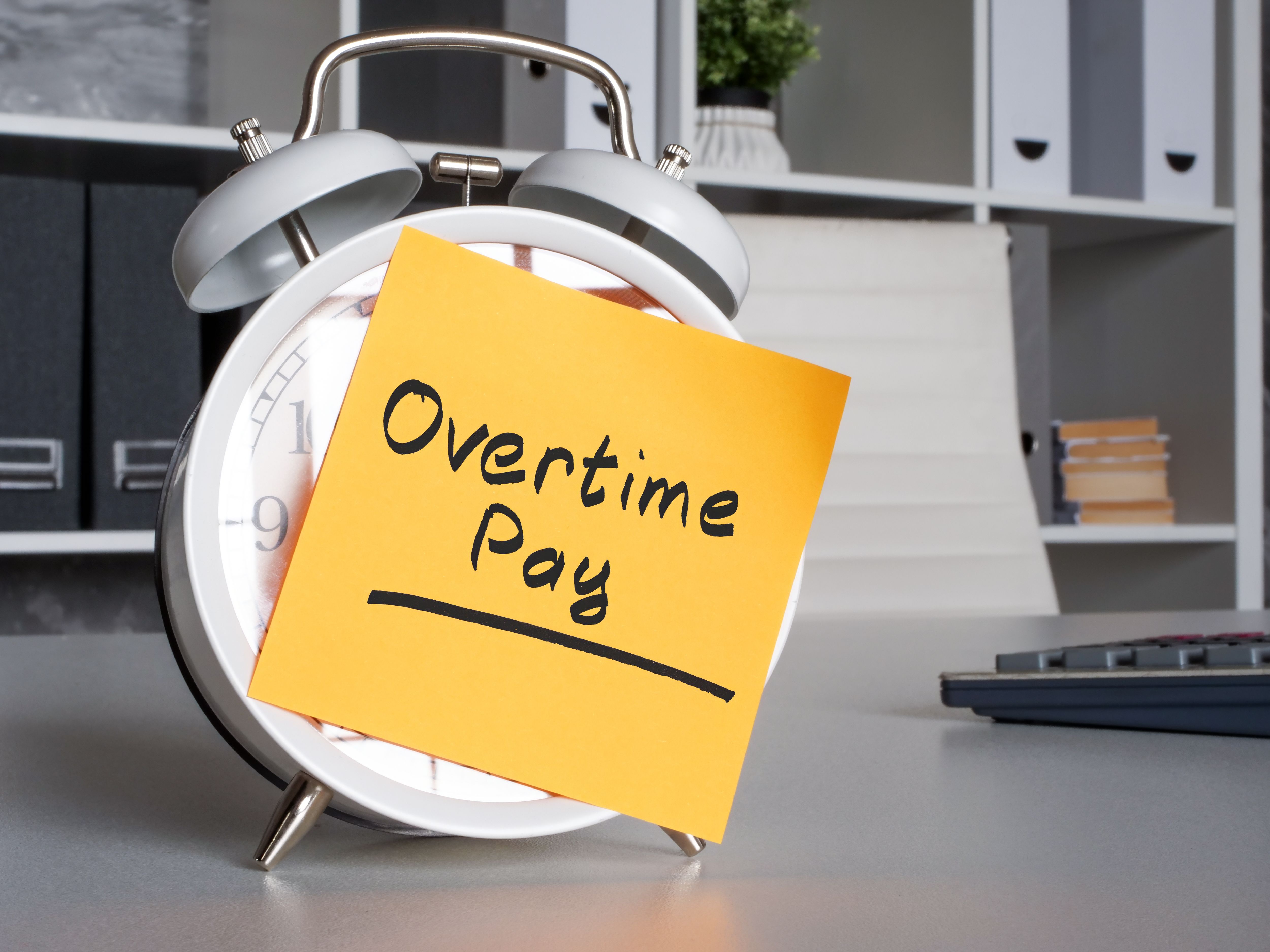Understanding FLSA Hours Worked: Key Insights for Employers
Introduction to FLSA Hours Worked
The Fair Labor Standards Act (FLSA) is a crucial piece of legislation that governs wage and hour laws in the United States. Among its many provisions, understanding what constitutes "hours worked" is fundamental for employers to ensure compliance. Misunderstanding these guidelines can lead to costly legal challenges and penalties. This article aims to provide key insights for employers on what is considered hours worked under the FLSA.
The definition of "hours worked" under the FLSA includes all the time an employee is required to be on duty or at a prescribed workplace. This includes not only the time spent performing job duties but also time in which an employee is permitted to work. It is essential for employers to have a clear understanding of these regulations to maintain compliance and ensure fair payment practices.

On-the-Clock vs. Off-the-Clock
One of the most important distinctions for employers to understand is the difference between on-the-clock and off-the-clock work. On-the-clock work includes any time during which an employee is required to be at their place of work and performing their job duties. In contrast, off-the-clock work refers to any tasks performed outside of scheduled working hours that an employer might not initially consider compensable.
For instance, if an employee is checking emails or performing minor tasks before their shift officially begins, this time may need to be compensated if it benefits the employer. Employers must be diligent in ensuring all work is tracked accurately to avoid potential violations.
Understanding Compensable Time
Compensable time under the FLSA includes a range of activities beyond traditional working tasks. For example, time spent traveling for work purposes, attending mandatory training sessions, or even taking short breaks can be considered compensable. Generally, meal periods lasting 30 minutes or more where an employee is completely relieved of duties do not count as hours worked.

Special Considerations for Remote Work
With the rise of remote work, employers face new challenges in tracking hours worked. It's important for businesses to have clear policies and systems in place to record the time remote employees spend working. Employers may need to consider software solutions or other methods to accurately track and report remote work hours.
Additionally, remote employees might find it difficult to distinguish between work and personal time, leading to potential issues with unpaid overtime. Employers should communicate expectations clearly and ensure that employees are aware of their rights under the FLSA.
Overtime and FLSA Compliance
The FLSA requires that non-exempt employees receive overtime pay for hours worked over 40 in a workweek at a rate of at least one and a half times their regular pay rate. It’s crucial for employers to track all hours worked accurately to determine overtime eligibility. Failure to comply with these provisions can result in significant penalties.

Recordkeeping Requirements
Another critical aspect of FLSA compliance is maintaining accurate records of hours worked. Employers are required to keep detailed records, including the total hours worked each day and each workweek by employees. These records must be kept for at least three years and should include information such as timecards, work schedules, and payroll records.
Employers should implement reliable systems for tracking hours and storing records to ensure they can demonstrate compliance with FLSA regulations during audits or disputes.
Understanding FLSA hours worked is essential for employers to maintain compliance and foster fair labor practices. By clearly defining what constitutes compensable work time, accurately tracking all hours worked, and adhering to recordkeeping requirements, employers can avoid legal pitfalls and ensure their workforce is compensated fairly. Staying informed about these regulations not only helps protect your business but also promotes a positive working environment where employees feel valued and respected.
Contact us for a consultation - we can help!